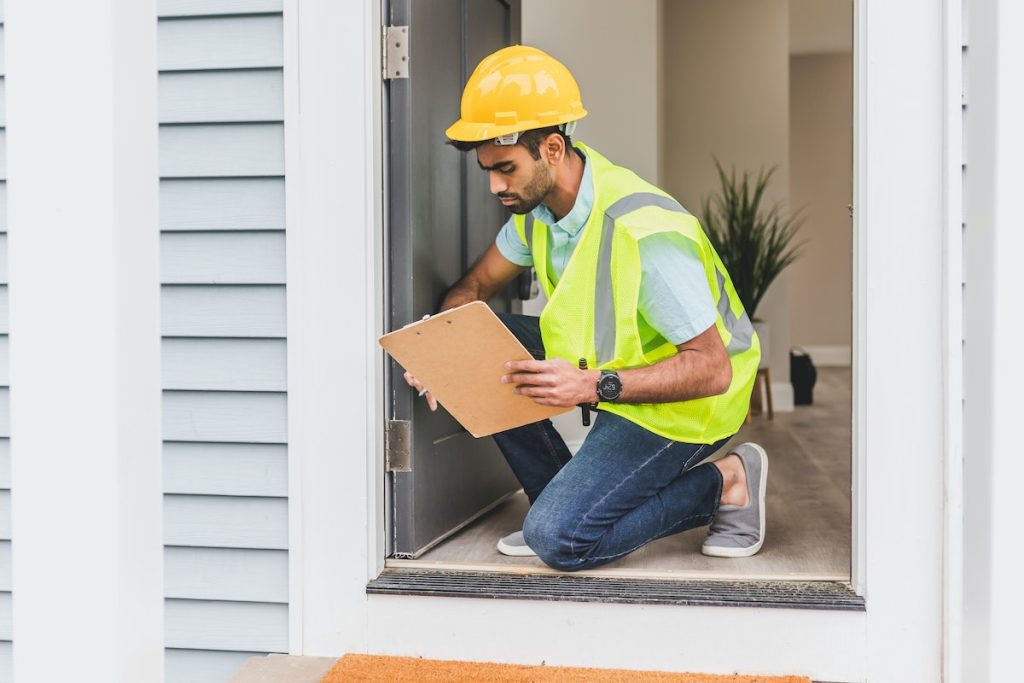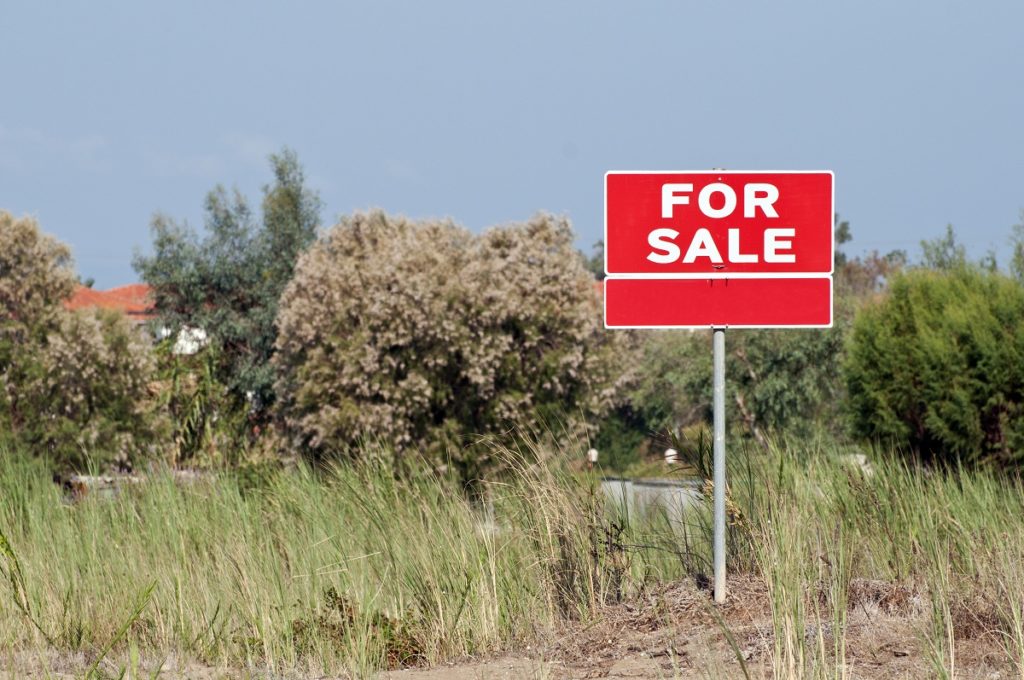• Conduct regular inspections to ensure your rental property is in good condition.
• Stay on top of repairs to avoid bigger and costlier repairs down the road, and document any repairs made.
• Implement tenant rules for tenants to take care of their rental space and respect its boundaries.
• Have an emergency plan and an emergency fund to cover unexpected expenses.
Owning a rental property means you must be proactive and ensure that your property is well-maintained. After all, the condition of your rental property reflects how much you value it. Not only will regular maintenance help keep your tenants happy, but it can also help boost the value of your rental property over time. Here are some tips for keeping your rental property in tip-top shape.
Regular Inspections
One of the best ways to ensure that your rental property is well-maintained is to conduct regular inspections. Check every home area, from the attic to the basement. Do the following together with your regular inspection:
- Check for any signs of visible damage or needed repairs.
- Ensure that all safety features, such as smoke alarms and carbon monoxide detectors, are up to date.
- Inspect all appliances, windows, and doors for proper function.
- Make sure the plumbing is functioning properly.
Regular inspections can also help protect against tenant damage and ensure that repairs are done quickly and efficiently.
Stay on Top of Repairs
When something needs to be repaired on your rental property, it’s important to stay on top. This can help you avoid bigger and costlier repairs down the road. If you’re dealing with a tenant issue, address it promptly and professionally. Be sure to document all repairs and keep detailed records for future reference. Here are the important repairs you should keep an eye on:
Roofing Repairs and Maintenance
The roof is one of the most important parts of any building, and keeping it in good condition can help protect your property from damage. Make sure to regularly inspect the roof for leaks, missing shingles, or other signs of damage. If you need to make repairs, use a professional who can repair roofs correctly. Make sure that any debris or dirt is cleared away as well.
Kitchen Repairs and Maintenance
Many tenants spend a lot of time in the kitchen, so it’s important to keep it well-maintained. Inspect the cabinets and drawers for any water damage or needed repairs. Hire a cabinet maker if you want to make changes or upgrades to the kitchen. A professional cabinet maker can help you transform your space into something special. They can do solid wood cabinets, semi-custom cabinets, and custom cabinets that can help give your kitchen a unique look.

Electrical Repairs and Maintenance
The wiring in your rental property should be up to date and in good condition. Ensure all outlets and switches are working properly, and check for any signs of frayed wires or exposed electrical connections. Have a professional electrician inspect the wiring at least once yearly to ensure safety.
External Repairs and Maintenance
The exterior of your rental property should be regularly maintained to keep it looking its best and prevent any damage from occurring. Check for paint chipping, debris buildup, or other signs of wear and tear. Keep the gutters clean, trim landscaping, and repair loose siding or fencing.
Enforce Tenant Rules

To keep your rental property well-maintained, it’s important to set up a few rules for tenants when they move in—and then enforce those rules. Include the following rules in your lease agreement:
- No smoking is allowed inside the building.
- Tenants must keep common areas clean and tidy.
- Tenants are responsible for any damages done to the property during their stay.
Enforcing these rules will help tenants take care of their rental space and respect its boundaries. You should also clearly outline what’s expected when cleaning up after themselves before vacating at the end of their lease agreement.
Have a Plan for Emergencies
No matter how careful you are with maintenance and upkeep, there’s always a chance something could go wrong with your rental property—from plumbing issues to broken appliances — so it pays to have an emergency plan in place just in case something does happen unexpectedly. Here are the steps you can take:
- Invest in renter’s insurance: A renter’s insurance is a good idea to protect your rental property in case of any damages or liabilities.
- Put together an emergency list: An emergency list should include the contact information of key personnel such as a plumber, electrician, locksmith, and handyman.
- Create an emergency fund: Make sure you have enough money to cover any unexpected expenses related to your rental property.
By following these tips and staying proactive with maintenance, you can keep your rental property in tip-top shape for years to come. Doing so will help ensure that your tenants are happy and comfortable, and it will also increase the value of your rental property over time. So make sure you do what’s necessary.



